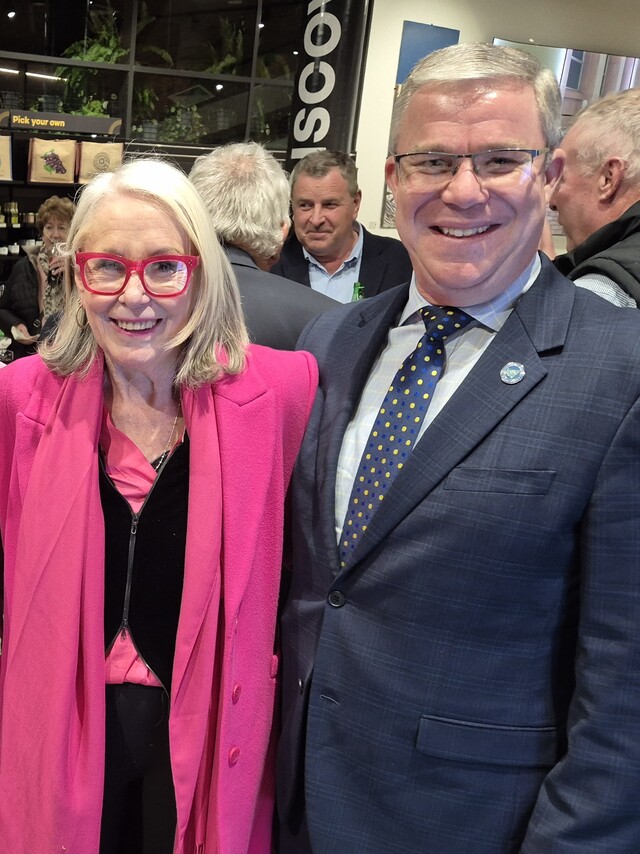The redevelopment of Whitemark Airport on Tasmania’s Flinders Island has taken out the Asset Management Category for Small Councils under 15,000 ratepayers in the 2007 National Awards for Local Government.
Flinders Island has a thriving rural community that produces sheep and wool, cattle, milkfed lamb, crayfish, abalone, poppies, cauliflower seed and Cape Barren geese. Other main business activities include rural support industries and tourism.
Flinders Council has long recognised that the economy of Flinders Island was critically dependent on expanded air transport infrastructure investment and economic growth. As a small isolated community, Flinders Island is reliant on the airport for the transport of people, mail, perishable goods, and in cases of emergency.
Completed last December, the redevelopment of the airport was a six week project. It involved the sealing of the runway, to allow turboprop aircrafts to land. Previously, the unsealed gravel runway would cause too much damage to their props.
Flinders Council Aerodrome Operations Supervisor, Jeffrey Grace, said the redevelopment will provide a boost to the local economy, through tourism and the transport of produce.
“It has also enabled the continued landing of Royal Flying Doctor aircraft,” he said. “The airport currently offers
15 services to and from Launceston, as well as three services to Melbourne’s Moorabin airport per week.
“While aviation fuel supplies have been limited on the island over the last couple of months, we expect to add additional services once supply picks up.”
Jeffrey Grace said Council used local resources where possible to complete the project.
“Given the availability of Council plant on a standby basis, the issues relating to weather and the transportation of hot bitumen from Hobart were high on our risk register,” he said. “Carriers had to embark from the limited access Bridport on Tasmania’s northeast coast following road transport from Hobart. This risk was mitigated through detailed logistics and transportation planning involving the scheduling of truck and ship movements around tidal fluctuations, and travel time to and from the site and Flinders shipping port, along with Hobart and Bridport.”
For further information, contact Jeffrey Grace, telephone (03) 6359 2144.







